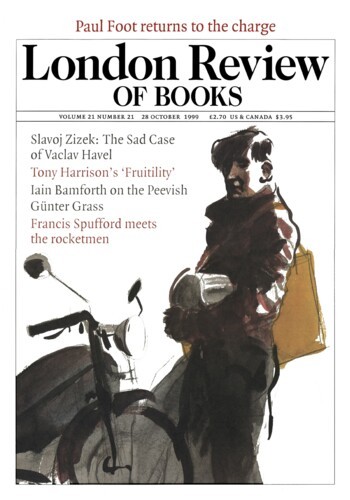How are you finding it here? Celts
Patrick Sims-Williams, 28 October 1999
Celtic Studies, or Celticism, has rarely been disinterested. In 1884 one James Cruikshank Roger published Celticism: A Myth. The title was ‘intended to express’ his ‘conviction that the assumption of Celtic civilisation and Celtic art is utterly without foundation’. Encouraged by the press reception, Roger showed his hand in the second edition: ‘Let him who will, deduce his origin from the shiftless savage of the British isles, I am content to believe myself of that great Teutonic stock, which has ruled the world in the past, and will rule it to the end of time.’ More sympathetic studies of the Celts, many of them inspired by Matthew Arnold, were actually more insidious, forcing Irish, Scottish, and Welsh culture into an untraditional and externally imposed category. As W.J. McCormack argues in his Ascendancy and Tradition in Anglo-Irish Literary History (1985), this is a characteristic which ‘Celticism’ shared with ‘Orientalism’. McCormack concedes that ‘There is no doubt that scholarship in the area of Celticism constitutes perhaps the most refined and intellectually demanding exercise of the academic mind, but this should not blind us to the specific ideological and historic origins and affiliations of the discipline.’ Practitioners of Celtic Studies with an English background like myself are obliged to note McCormack’s final clause, not just his flattering preamble.‘

